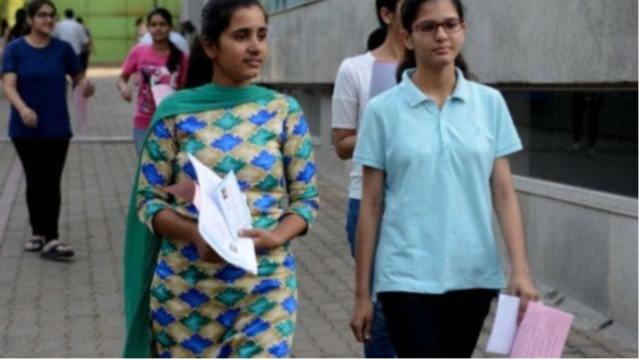
Recently, the UGC chairperson announced that students with four-year undergraduate degrees can now appear for the National Eligibility Test (NET), an exam that certifies eligibility for lectureship in colleges and universities in India, and PhD programmes. Earlier, the eligibility for both was a Masters’ degree. In other words, if one qualifies for the NET after a four-year undergraduate degree, one can now teach other undergraduate students. Which universities would recruit these fresh undergraduates? Will these be the universities with the Institution of Eminence tag, and high NAAC ratings, positioned as the Harvards and Oxfords of India? Would it be the local public colleges which provide education to lakhs of first-generation university-goers who dream of social and economic mobility through quality higher education? It is not difficult to imagine for whom the quality of higher education stands further compromised.
The chairperson added that candidates could appear in a subject in which they want to pursue a PhD irrespective of the discipline in which they have obtained the four-year bachelor’s degree. According to him, “This step will help replace the need for separate entrance tests conducted by individual universities and Higher Education Institutions (HEIs).” It is, he added, the aim of the UGC to dismantle the perception of PhD as an “elite qualification”.
Not an ‘elitism’ issue
A PhD or a doctorate in philosophy is a degree awarded after a candidate carries out rigorous original research for a period usually longer than two to three years. If a Master’s degree in any discipline is seen as a “specialisation”, a PhD reflects a research scholar’s ability to think creatively, ask new and insightful questions, explore them rigorously and systematically and, through this process, enable newer insights that challenge and advance existing theories and concepts.
For this, a student would need to be conceptually and methodologically informed and able to use these skills for observation and analysis. This is not to say that a PhD programme should not itself aim to strengthen the conceptual and methodological tools of the research scholars, but there is a huge difference between strengthening and refining existing tools and aiming to introduce and instil them in a short period of one year. To further suggest that the hierarchies across degrees, from undergraduate, postgraduate and research levels are indicative of “eliteness”, is dangerous.
To confuse a foundation attained through immersed and rigorous engagement with concepts with “eliteness” is a grave undermining of the academic process.
NET must maintain standards
A rigorous conceptual and methodological preparedness at the undergraduate and postgraduate levels must be the aim. What we instead find is consistent dilution of this responsibility by first eliminating the MPhil programmes and now even the need for postgraduate degrees. It also appears to be a misinformed understanding of PhD-level research when one sees separate entrances as a hurdle, rather than as a useful modality to align the research interest of a student with a supervisor who is an expert in the given field, in an institution with the necessary resources to support the research.
As a university faculty engaged with teaching and research for the past decade, it is clear to me that the inequities of our schooling systems have only become more glaring with time. It takes considerable mentoring and work to help students transition from a system that requires confining oneself to textbooks, to reading original and more advanced works and writing analytically and reflectively.
Also, in the case of social sciences in particular, the development of questions that hold possibilities to advance an existing knowledge discourse requires active, critical and reflexive living and participation in social spaces. This, in turn, requires an entry into the various theoretical and conceptual frameworks that provide us with the vocabulary to talk about it. This is how theories on gender, caste, class, group processes, identities and many other aspects of the human world have evolved and transformed.
As a student of Psychology, the undergraduate programme was crucial in helping me become familiar with the focus and language of the discipline, but it was in the postgraduate programme that a deeper exploration of concepts became possible. Thereafter, work in clinics and classrooms enabled me to see the potencies, contradictions and gaps in the current theorisations. In the last few years, it has not been uncommon to find PhD candidates appearing in interviews without their own questions, but willing to adopt the questions of the supervisors as their own.
The several critical researches that have managed to challenge the status quo would not have been possible without newer questions emerging from locations that were, till then, denied opportunities to ask and research. A related concern is also that if undergraduate degrees were to be sufficient for undertaking PhD research, it would actually lead to further “elitisation” of higher education as only those with existing linguistic and academic capital would be able to take the risk of pursuing a four-five year research programme in the absence of sufficient mentoring and preparation period.
What we need today are more publicly-funded research institutes with better infrastructure and more fellowships. This would be meaningful for individual students and the country, only if the requirements for rigour and the active provisions for sustained mentoring are not diluted.
The writer is an assistant professor at the School of Education Studies in Ambedkar University, Delhi


